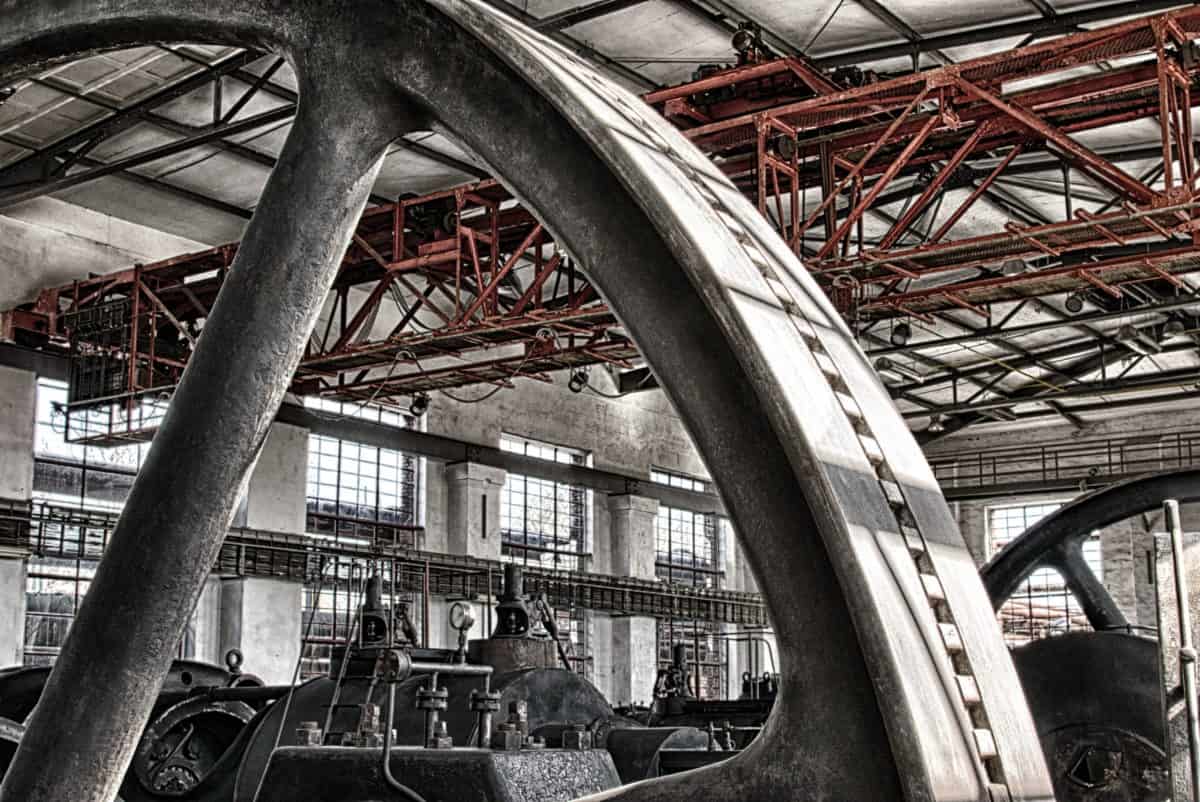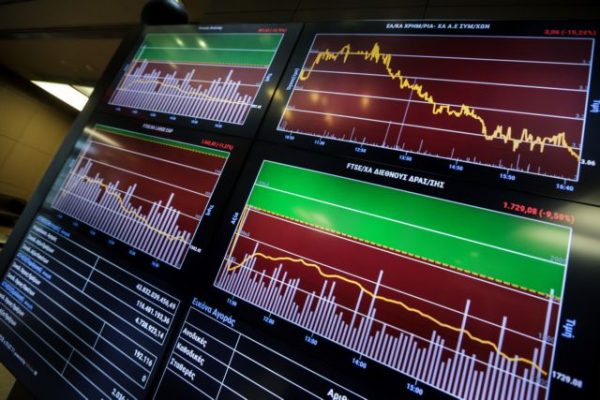
Manufacturing slowed further in December, slipping to its lowest level for 2022 in a month in which industry activity remained contracted.
In particular, S&P Global’s PMI for the manufacturing sector in the last month of 2022 fell to 47.2 points, from 48.4 points in November. This price is the lowest for the past year and is the lowest level since January 2021.
At the same time, December was the sixth consecutive month in which business activity in the manufacturing sector remained below 50 units, the threshold that separates expansion from contraction in an activity.
It is recalled that in January 2022 the PMI index had climbed to an almost historic record high of 59 points (59.3 points, the historical record in August 2021). Since then, the index has been down nine out of 12 months.
The importance of manufacturing for the Greek Economy
The decline in output during December was broadly stable and at a pace similar to that seen in November. Lower production was largely attributed to lower new order inflows and weaker customer demand due to significant cost increases.
The drop in production came from a sharper decline in customer demand. December data indicated the second-fastest decline in new sales in two years. The effects of higher energy costs and broader inflationary pressures reportedly weighed on customer spending and negatively impacted demand conditions. Accordingly, new exports fell sharply. The contraction in demand from overseas customers was among the fastest on record since January 2021.
Inflationary pressures across the entire Greek manufacturing sector eased significantly at the end of the year. Growth rates in input prices and output charges eased to the slowest since November 2020 and February 2021 respectively. Although input cost increases remain significant and above the survey average, companies have reportedly responded to the relative moderation in those increases by offering reduced prices to their customers in an effort to boost new orders.
Reduced demand for inputs also eased pressure on supplier capacity and supply chains. Supplier performance continued to decline, albeit to the least extent recorded in the current 35-month period of continuous deterioration.
Companies in the Greek manufacturing sector recorded a new increase in employment at the end of the fourth quarter. The number of workers rose for the first time since July, albeit only marginally. In the cases where job creation was mentioned, it was linked to the hiring of skilled workers.
Nevertheless, pressure on manufacturing capacity eased further in December. The backlog fell sharply and at the fastest rate recorded in just over two years.
At the same time, Greek manufacturers recorded stronger expectations regarding production in the coming year. Confidence rose to its highest level since May on hopes of stronger consumer demand and increased investment.
Latest News

Greece Defines Continental Shelf Limits and Maritime Zones in Landmark EU Document
The Maritime Spatial Planning (MSP) framework represents a comprehensive approach to spatial planning and is crucial for the successful development of a blue and circular economy

EU Praises Greece’s RRF Progress as Revised Recovery Plan Nears Completion
Athens is preparing to submit its revised “Greece 2.0” Recovery and Resilience Plan after Easter, with a slight delay from the initial timeline but with the European Commission’s approval.

Greek €200M 10Y Bond to be Issued on April 16
The 3.875% fixed-interest-rate bond matures on March 12, 2029, and will be issued in dematerialized form. According to PDMA, the goal of the re-issuance is to meet investor demand and to enhance liquidity in the secondary bond market.

German Ambassador to Greece Talks Ukraine, Rise of Far Right & Tariffs at Delphi Economic Forum X
Commenting on the political developments in his country, the German Ambassador stressed that it was clear the rapid formation of a new government was imperative, as the expectations across Europe showed.

Athens to Return Confiscated License Plates Ahead of Easter Holiday
Cases involving court orders will also be excluded from this measure.

Servicers: How More Properties Could Enter the Greek Market
Buying or renting a home is out of reach for many in Greece. Servicers propose faster processes and incentives to boost property supply and ease the housing crisis.

Greek Easter 2025: Price Hikes on Lamb, Eggs & Sweets
According to the Greek Consumers’ Institute, hosting an Easter dinner for eight now costs approximately €361.95 — an increase of €11 compared to 2024.

FM Gerapetritis Calls for Unified EU Response to Global Crises at EU Council
"Europe is navigating through unprecedented crises — wars, humanitarian disasters, climate emergencies," he stated.

Holy Week Store Hours in Greece
Retail stores across Greece are now operating on extended holiday hours for Holy Week, following their Sunday opening on April 13. The move aims to accommodate consumers ahead of Easter, but merchants remain cautious amid sluggish market activity.

Green Getaway Ideas for Easter 2025 in Greece
Celebrate Easter 2025 in Greece the sustainable way with eco-farms, car-free islands, and family-friendly getaways rooted in nature and tradition.









































 Αριθμός Πιστοποίησης
Αριθμός Πιστοποίησης